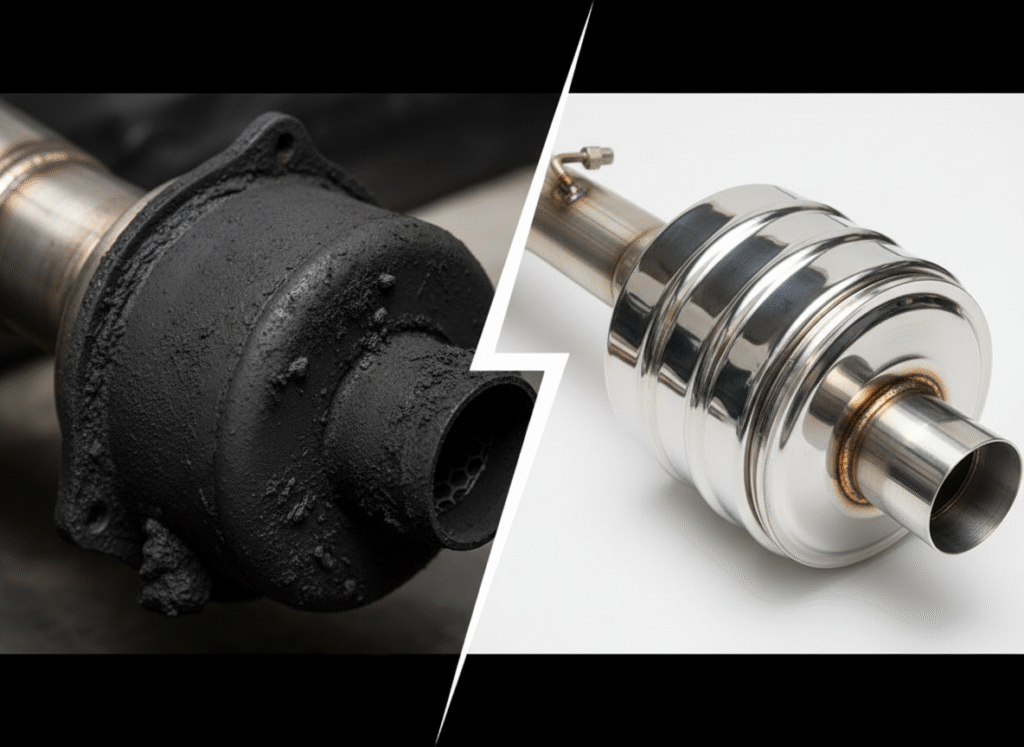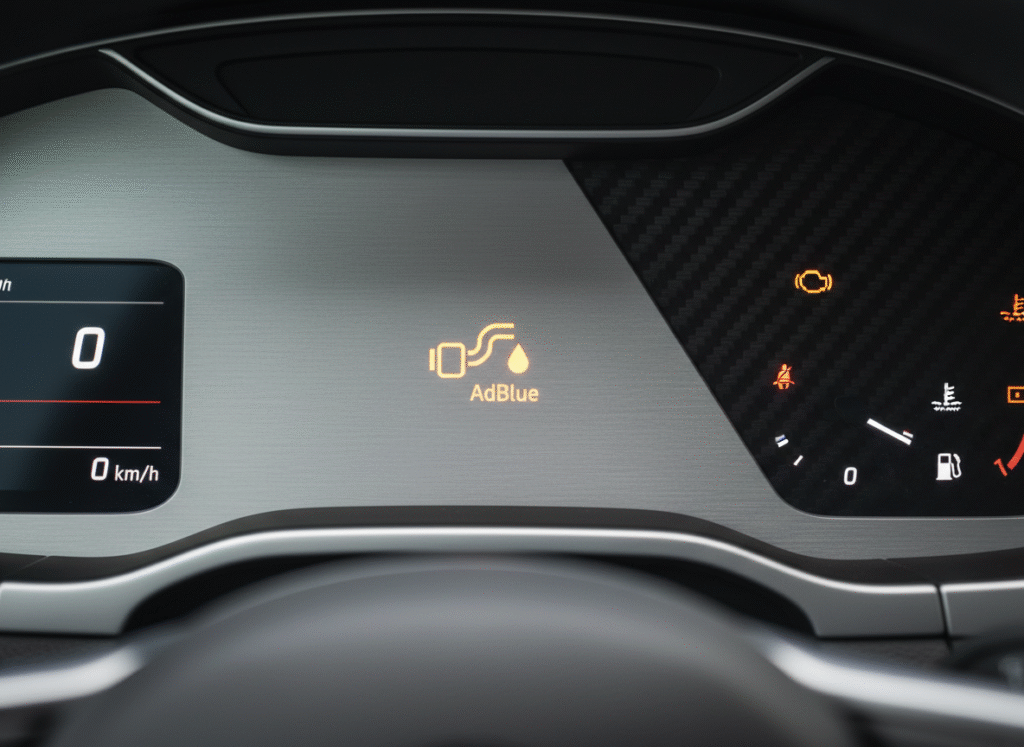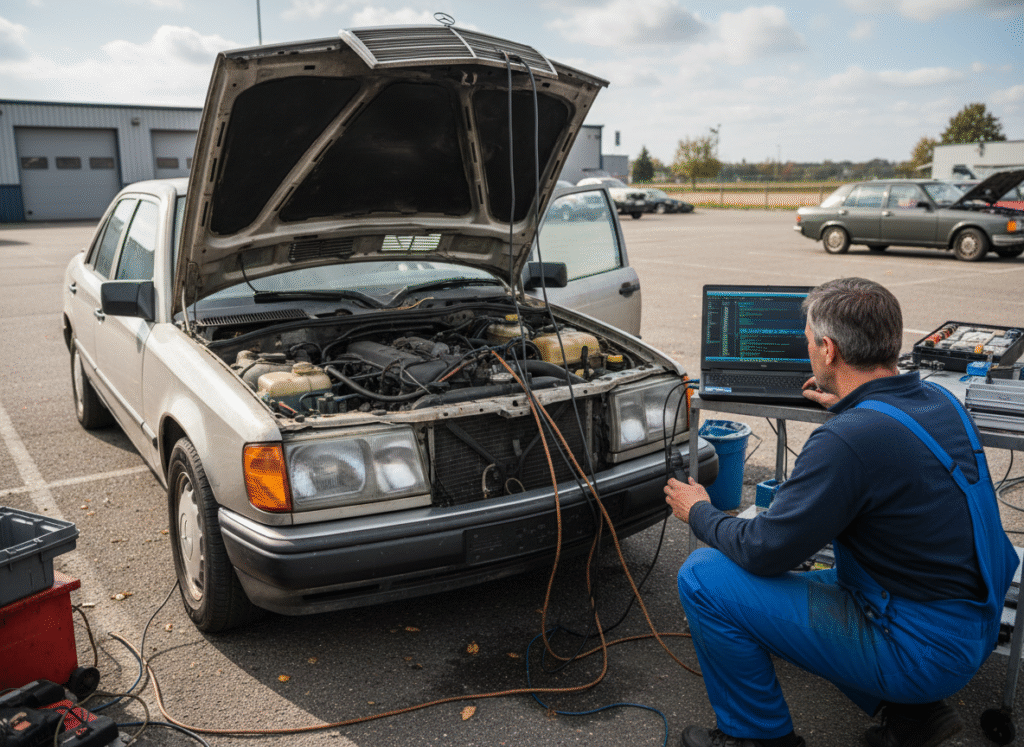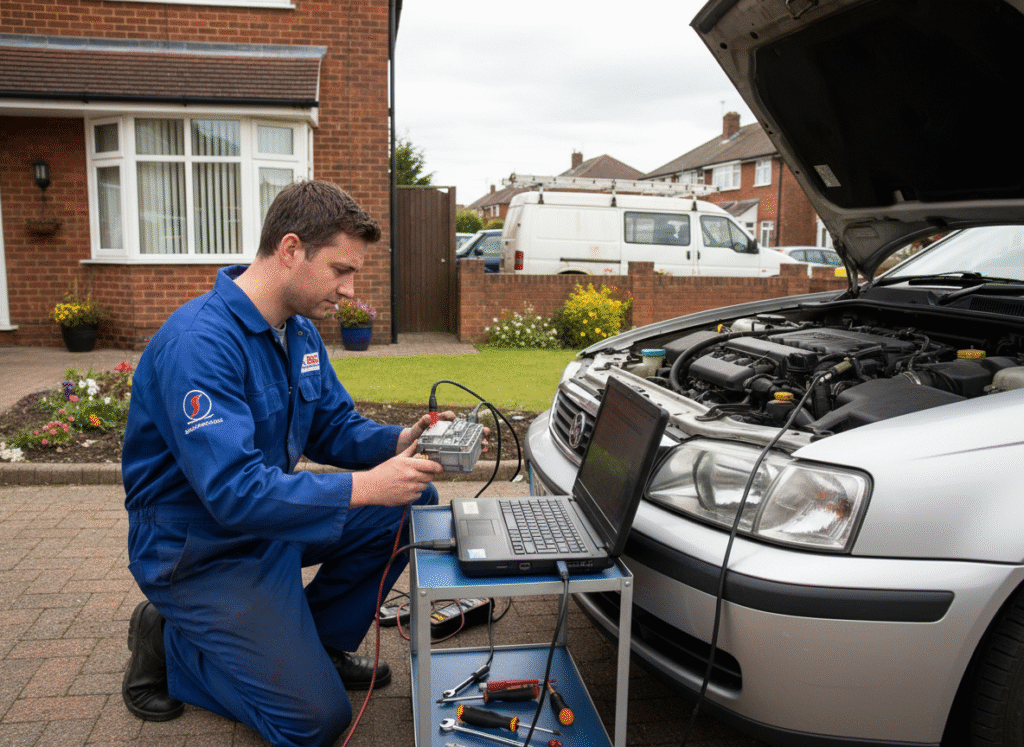DPF Cleaning Demystified is an essential component of modern diesel engines, designed to capture and remove harmful soot particles from exhaust gases. Over time, the DPF can become clogged, leading to reduced engine efficiency and potential damage. This guide explores the importance of DPF cleaning, methods to maintain it, and how it can enhance your vehicle’s performance.
Understanding the Role of a DPF
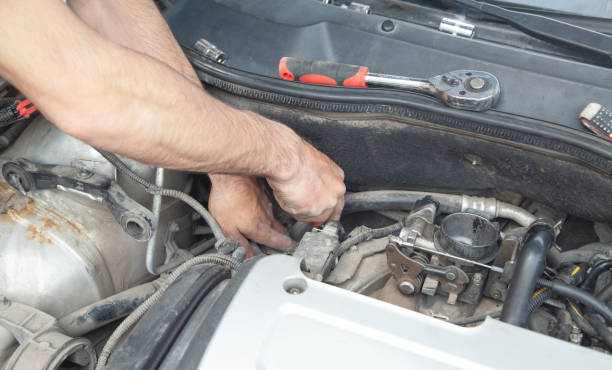
A DPF works as a critical pollution control device, trapping soot and other particulate matter produced during diesel combustion. By reducing harmful emissions, the DPF helps vehicles comply with stringent environmental regulations.
Why Do DPFs Get Clogged?
- Frequent Short Trips: Short trips often prevent the engine from reaching optimal temperatures, disrupting the regeneration process.
- Poor Quality Fuel: Low-grade fuel increases soot production, leading to faster clogging.
- Faulty Sensors or Turbochargers: Malfunctions in related systems can lead to incomplete combustion, exacerbating soot buildup.
Signs of a Blocked DPF
- Reduced engine power
- Warning lights on the dashboard
- Increased fuel consumption
- Difficulty starting the vehicle
The Importance of Regular DPF Cleaning
Enhancing Engine Performance
A clean DPF allows exhaust gases to flow freely, reducing back pressure on the engine. This results in smoother operation and improved fuel efficiency.
Extending Engine Lifespan
Overloading the DPF with soot can cause excessive wear on the engine. Regular cleaning minimizes strain on the engine and associated components.
Meeting Emissions Standards
Maintaining a functional DPF ensures your vehicle meets environmental compliance, avoiding hefty fines or penalties.
Methods of DPF Cleaning
Passive Regeneration
Passive regeneration occurs naturally when the engine operates at high temperatures, burning off accumulated soot. This typically happens during long highway drives.
Active Regeneration
When passive regeneration is insufficient, active regeneration kicks in. The vehicle injects extra fuel to raise the exhaust temperature and burn off the soot. This process is automated and usually indicated by a warning light.
Manual Cleaning
When regeneration fails or the DPF is excessively clogged, professional cleaning methods are required:
- Forced Regeneration: A technician uses specialized equipment to initiate high-temperature cleaning.
- Off-Vehicle Cleaning: The DPF is removed and cleaned using industrial-grade equipment like ultrasonic cleaners or chemical solutions.
- Replacement: In cases of severe damage, replacing the DPF might be necessary.
Preventive Measures to Keep Your DPF Clean
Drive Smartly
- Take your vehicle on longer drives regularly to promote passive regeneration.
- Avoid excessive idling as it leads to incomplete combustion.
Use High-Quality Fuel
- Opt for premium diesel to reduce soot production.
- Consider fuel additives that improve combustion efficiency.
Monitor Related Systems
- Regularly inspect sensors, turbochargers, and exhaust systems for faults.
- Address issues promptly to prevent secondary problems with the DPF.
Follow Manufacturer Guidelines
- Adhere to your vehicle’s maintenance schedule.
- Use the recommended engine oil to ensure optimal performance.
Benefits of Professional DPF Cleaning Services
Expertise and Equipment
Professional services utilize advanced diagnostic tools to assess the condition of your DPF accurately. They employ techniques like forced regeneration or chemical cleaning for thorough results.
Cost-Effectiveness
Regular professional cleaning prevents expensive repairs or replacements by keeping the DPF in top condition.
Enhanced Fuel Economy
A clean DPF reduces engine workload, translating to better fuel mileage and lower running costs.
Prolonged Component Life
Professional maintenance extends the lifespan of not just the DPF but also related components like sensors and turbochargers.
Common Myths About DPF Cleaning
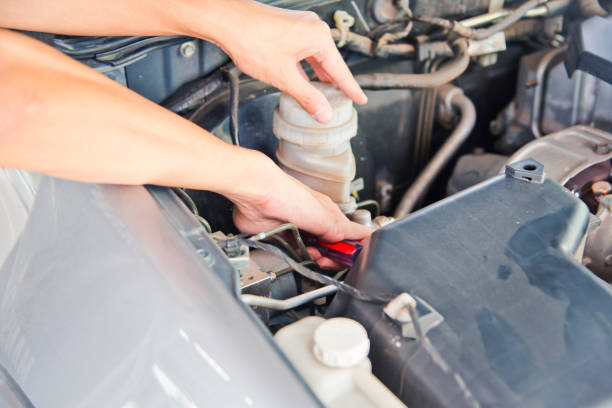
Myth 1: Removing the DPF Improves Performance
While removing the DPF might seem like a quick fix, it’s illegal in many regions and can result in hefty fines. It also increases harmful emissions.
Myth 2: Cleaning Isn’t Necessary
Ignoring DPF maintenance leads to engine damage and reduced performance over time.
Myth 3: Any Mechanic Can Clean a DPF
DPF cleaning requires specialized equipment and expertise. Unqualified attempts can cause irreparable damage.
How Leicester Remaps Can Help
At Leicester Remaps, we provide comprehensive DPF cleaning and maintenance services. Our team ensures your diesel engine runs at its best while staying compliant with environmental standards.
Why Choose Us?
- State-of-the-art diagnostic and cleaning equipment
- Skilled technicians with extensive experience
- Affordable pricing and transparent services
- Commitment to customer satisfaction
Final Thoughts
Maintaining a clean and functional DPF is essential for the health of your diesel engine and the environment. Regular cleaning improves your vehicle’s performance and saves you from costly repairs. Adopting preventive measures and seeking professional services when needed can ensure a smoother, more efficient drive for years to come.
Contact Leicester Remaps today to schedule your DPF cleaning and experience unparalleled service tailored to your vehicle’s needs.



